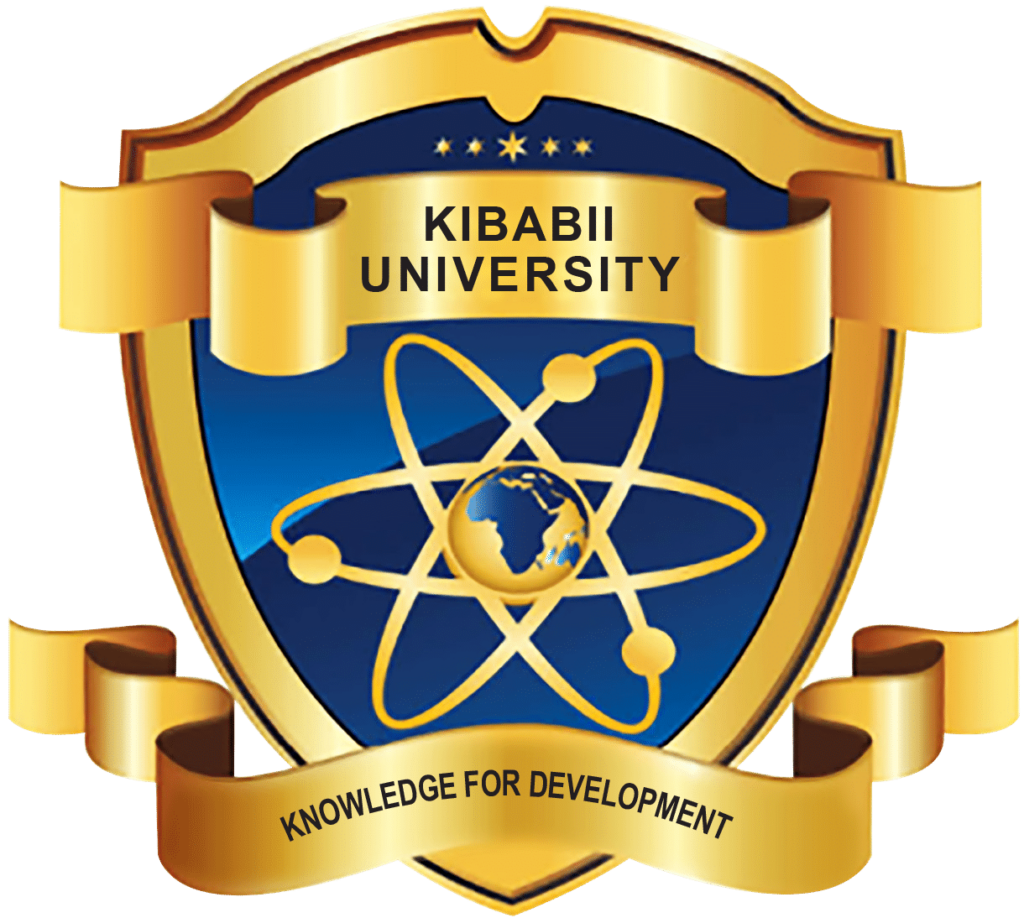Paradigm Shifts in Access and Trends in the Management of Education for Societal Development
Mutoro, Juliana Munialo
Citation: KIBU Conference (2017). Innovative Research and Knowledge for Global Competitiveness and Sustainable Development. Proceedings of 2nd Interdisciplinary International Scientific Conference 14 – 15 June 2017. Kibabii University Main campus, Bungoma Kenya ISBN: 978-9966-59-011-4
Abstract
Developing societies currently understand the values of education as a tool for economic and social empowerment. Increased enrolment in education programmes, with particular reference to adult literacy programmes, has been cited as a key factor that explains the suggested appreciation for education within society. However, the quality of adult literacy programmes remains comparatively low despite the suggested demand for the aforementioned services. Key problems identified within the adult literacy programmes include limited facilitation of resources and the poor quality of suggested resources. The study features an analysis of Bungoma Sub-County, with the primary objective of understanding aspects of teaching resources (facilitation and quality) that influence the scope and efficacy of adult literacy programmes within the suggested domain. This study assessed the availability of teaching and learning resources, the nature of physical facilities, and characteristics of learners and facilitators within adult literacy programmes. Purposive sampling was used to recruit respondents for the study. Questionnaires, interview guides, and document analysis were used for data collection. The collected data was analyzed by both quantitative and qualitative techniques. 224 respondents were identified and sampled for the study. Results from the study indicated an upward trend in adult literacy enrolment, which is a plausible indicator to growing appreciation for education. The quality and efficacy of resources was considered low that objectified standards of practice. Aspects of resources that included physical facilities were equally below standard. The quality of facilitators was identified as being lower that objectified standards of practice, which was a problem equally attributed to poor resource facilitation from the government and stakeholders within the societal domain. Findings from the study revealed a need for better resource facilitation to improve outcomes within adult literacy programmes.
Key Terms: Adult Literacy, Teaching Learning Resources, Curriculum, Implementation
![]()
Download: Paradigm Shifts in Access and Trends in the Management of Education for Societal Development

